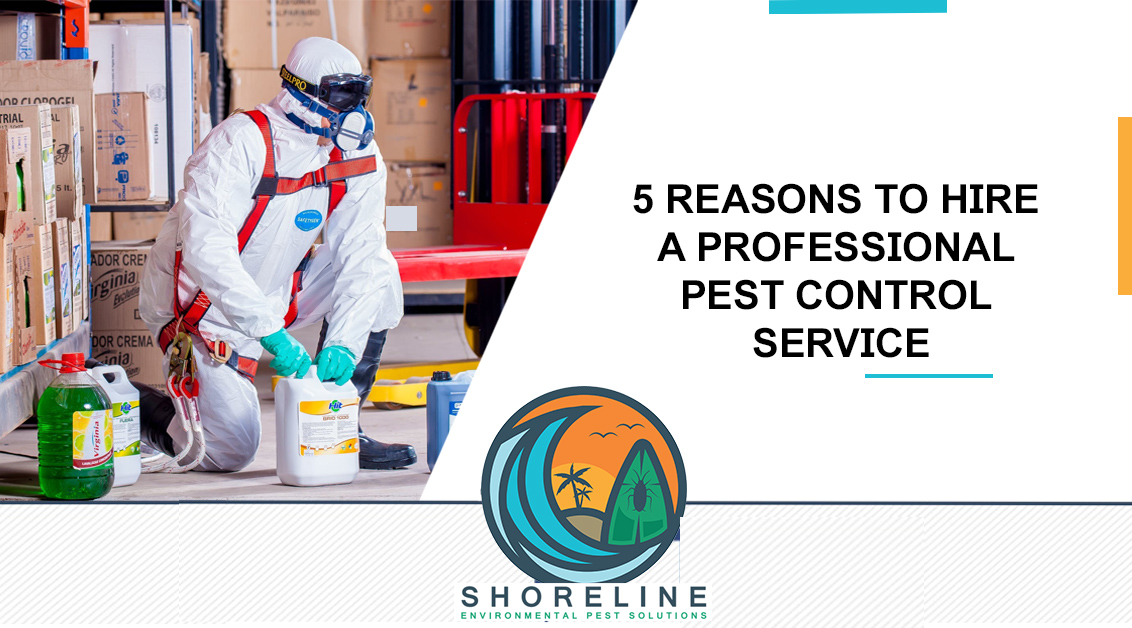Pest Control Clovis Done Right: Specialist and Reliable
Pest Control Clovis Done Right: Specialist and Reliable
Blog Article
Comprehending the Various Strategies to Parasite Control: A Comprehensive Overview

All-natural Parasite Control Methods
Employing eco-friendly methods such as buddy planting and organic insect control is vital for properly managing insects in farming setups. Buddy planting involves expanding different plants in proximity to discourage parasites, boost nutrient uptake, and improve total crop wellness.
Organic pest control involves presenting natural killers or virus to manage pest populations. Ladybugs, for example, eat aphids, controlling their numbers without the demand for chemical pesticides. An additional example is making use of Bacillus thuringiensis (Bt), a microorganism that targets certain insect bugs while being safe to people, pets, and valuable insects.
These environmentally friendly approaches not just decrease the dependence on synthetic chemicals but additionally assist preserve biodiversity and dirt health. By including natural parasite control techniques into farming practices, farmers can attain sustainable bug administration while decreasing adverse effect on the setting.

Chemical Pest Control Solutions
In enhancement to all-natural pest control approaches, the utilization of chemical parasite control options plays a significant role in efficiently taking care of pest populations in agricultural settings. Chemical parasite control services are created to target specific pests that may trigger considerable damage to plants. These solutions typically consist of artificial chemicals that are made to get rid of pests quickly and efficiently.
One of the key advantages of chemical pest control solutions is their effectiveness in controlling pest infestations widespread. Farmers can use these remedies making use of numerous approaches such as splashing, fumigation, or seed therapy to secure their crops from hazardous insects, weeds, and diseases. Additionally, chemical pest control services are relatively easy to apply and can offer rapid outcomes, aiding farmers secure their yields and reduce economic losses.
Nonetheless, it is vital to make use of chemical insect control solutions deliberately to reduce potential adverse effects on the environment, non-target microorganisms, and human health. Correct application strategies, adherence to safety standards, and routine surveillance are vital to guarantee the liable use of chemical parasite control services in farming methods.
Organic Insect Control Approaches
Biological insect control comes close to utilize all-natural killers or pathogens to manage bug populaces in agricultural settings efficiently. One usual organic control strategy is the introduction of natural adversaries, such as ladybugs or parasitical wasps, to target particular insects.
An additional organic control approach involves utilizing microorganisms like germs, infections, or fungis to contaminate and eliminate parasites. These microbial representatives can be splashed on crops or introduced into the soil to battle numerous parasites without damaging valuable pests or various other wild animals. Furthermore, making use of pheromones to disrupt the breeding patterns of parasites is one more efficient biological control approach. By hindering their recreation, this approach assists to decrease insect populations without the demand for chemical treatment. On the whole, organic insect control methods offer a lasting and targeted remedy to pest monitoring in farming.
Integrated Insect Monitoring (IPM)
Integrated Bug Monitoring (IPM) is a detailed approach that integrates numerous insect control approaches to successfully take care of and reduce pest populaces in agricultural systems. IPM focuses on lasting avoidance of bugs via a combination of biological, social, physical, and chemical control methods. By integrating these various strategies, IPM aims to minimize dependence on chemical pesticides, reduce ecological influence, and promote sustainable bug administration techniques.
One trick aspect of IPM is the use of organic controls such as all-natural killers, bloodsuckers, and pathogens to control bug populaces. This approach harnesses the power of nature to maintain a balance between bugs and their all-natural enemies without causing damage to the atmosphere.
In addition, IPM involves cultural practices like crop environment, sanitation, and rotation control to develop unfavorable conditions for bugs and Learn More interrupt their life process. Physical controls such as barriers, catches, and composts are additionally utilized to stop insect infestations.
Mechanical and Physical Insect Control Techniques
Utilizing non-chemical approaches, such as physical and mechanical bug control methods, is a crucial facet of thorough parasite administration techniques, building upon the foundation of Integrated Parasite Administration's holistic approach. Mechanical parasite control includes the use of physical barriers or catches to avoid insects from accessing and damaging plants or frameworks. This method can include strategies like mounting screens on windows, using row covers in agriculture, or using sticky catches to catch insects.
Physical bug control techniques, on the other hand, concentrate on directly eliminating parasites with physical methods. For example, utilizing heat therapies to remove bed insects or vacuuming up pests like crawlers or ants can be reliable methods to manage problems without using chemicals. By incorporating these mechanical and physical insect control techniques right into an Integrated Parasite Administration plan, people and experts can reduce dependence on pesticides while still effectively reducing and taking care of pest populations damage.
Verdict

In addition to all-natural insect control methods, the utilization of chemical parasite control remedies plays a considerable role in properly handling pest populations in farming environments.One of the vital advantages of chemical pest control remedies is their efficiency in controlling parasite invasions on a big range.Integrated Parasite Administration (IPM) is a thorough approach that integrates various bug control techniques to successfully handle and minimize pest populations in check over here farming systems.Utilizing non-chemical approaches, such as mechanical and physical bug control techniques, is a critical aspect of detailed pest administration approaches, building upon the structure of Integrated Parasite Management's alternative strategy. By incorporating these physical and mechanical parasite control techniques into an Integrated Parasite Management plan, experts and people can lower reliance on pesticides while still successfully reducing useful reference and handling pest populaces damages.
Report this page